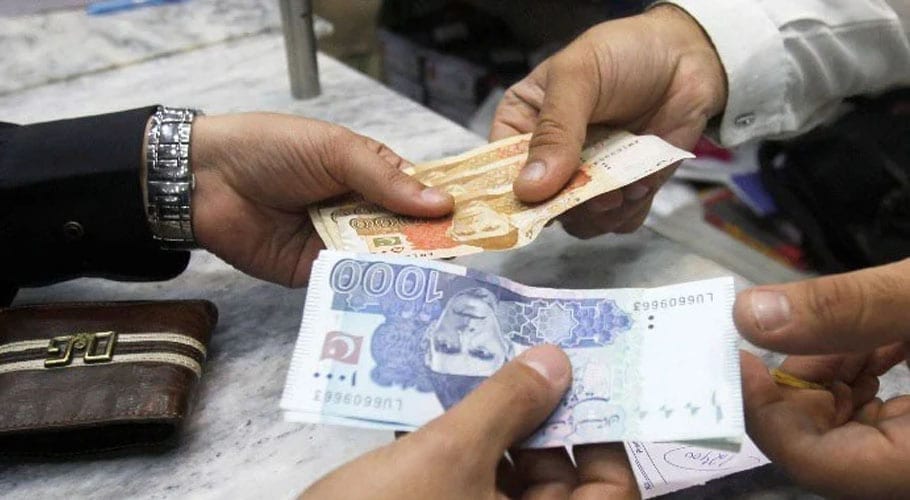The World Bank has suggested that Pakistan should start taxing monthly salaries below Rs50,000 and further reduce the Rs500,000 per month income threshold for charging the highest income tax rate of 35% from salaried individuals.
The recommendation, if accepted by Pakistan, would further burden the already highly burdened income group that pays tax on its gross earnings—contrary to the facility of adjusting expenses before paying taxes available to Pakistan’s richest people.
The proposals have been made as part of the Washington-based lender’s recommendations for restoring fiscal sustainability, which include measures to broaden the tax base to untaxed areas and rationalize expenditures.
It wants to limit federal spending within provincial mandates to reduce federal expenditures and improve accountability for service delivery. In a major recommendation, the World Bank has proposed revisiting the 7th National Finance Commission Award to ensure that financing is aligned with functions for provincial and federal governments.
“Within salaried individuals, the income tax exemption threshold is set sub-optimally high, leaving formally employed salaried individuals outside of the tax net”, reads the Pakistan Development Outlook report that the WB released on Tuesday.
At present, the monthly salaried income of 50,000 is exempt from any tax, and the lender has proposed to lower this threshold. However, the recommendation is not in sync with Pakistan’s ground realities as people are being buried under inflation, which the same report projected at 26.5% for this fiscal year too.
The report further stated that the threshold for the top income tax bracket for salaried individuals is also very high, which needs to be lowered.
































